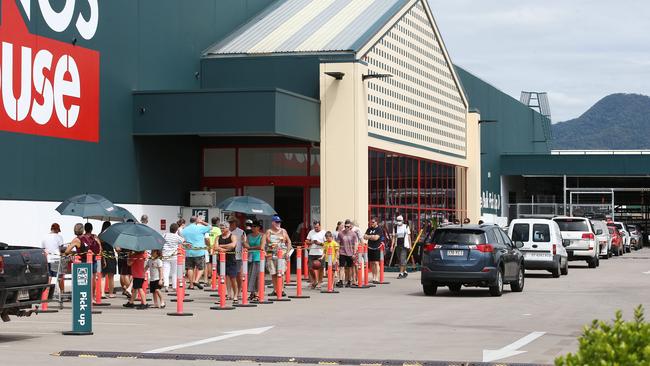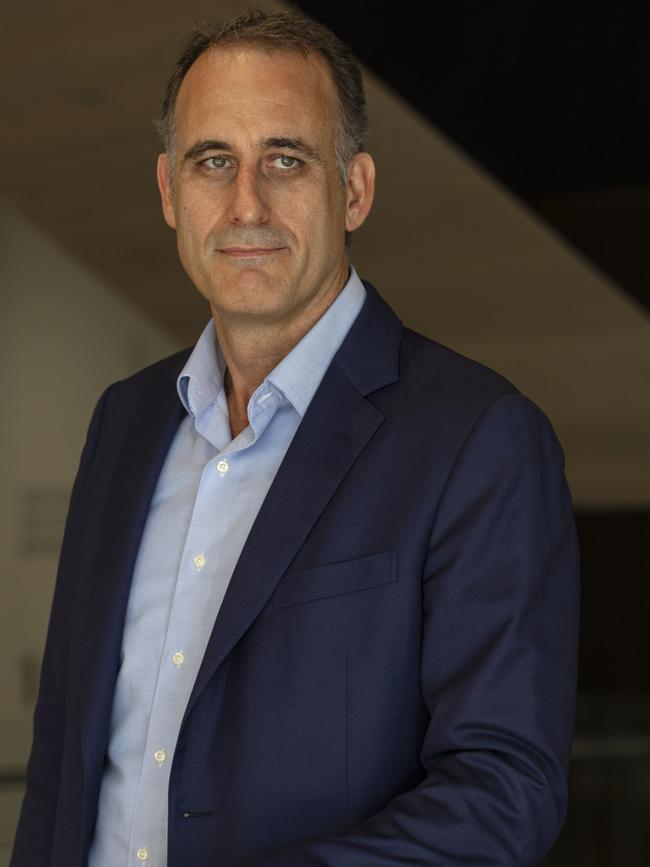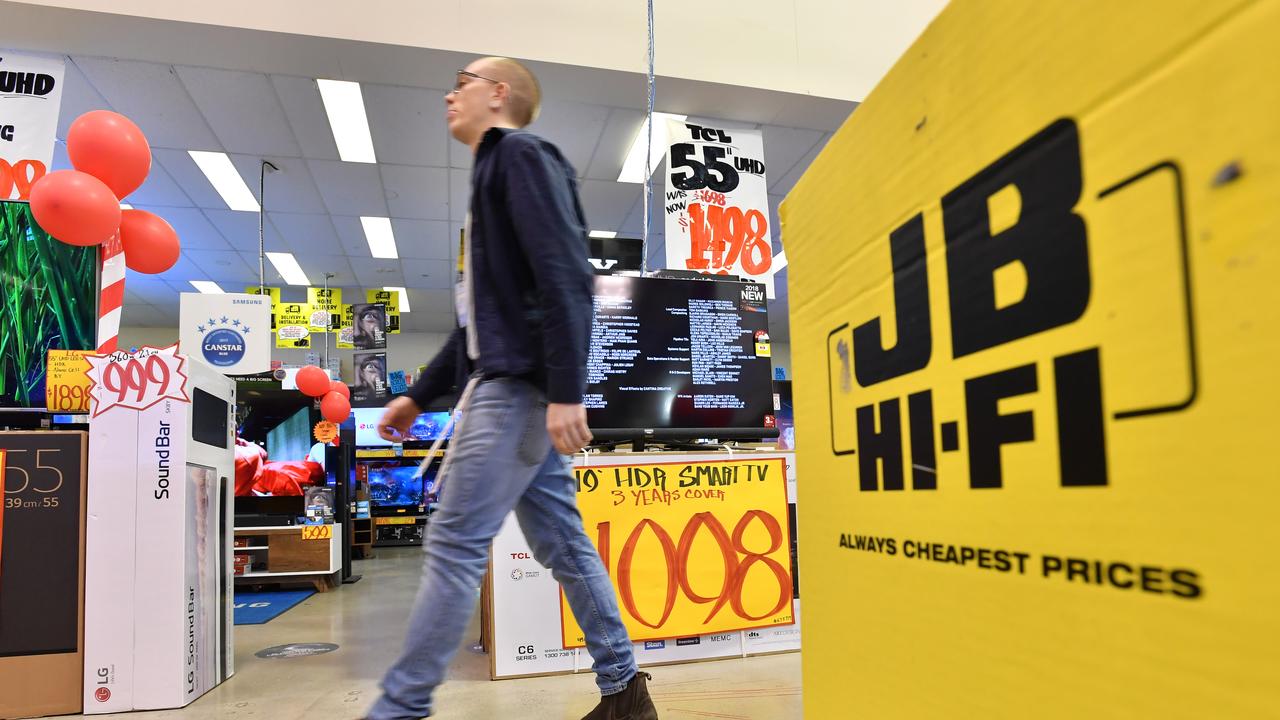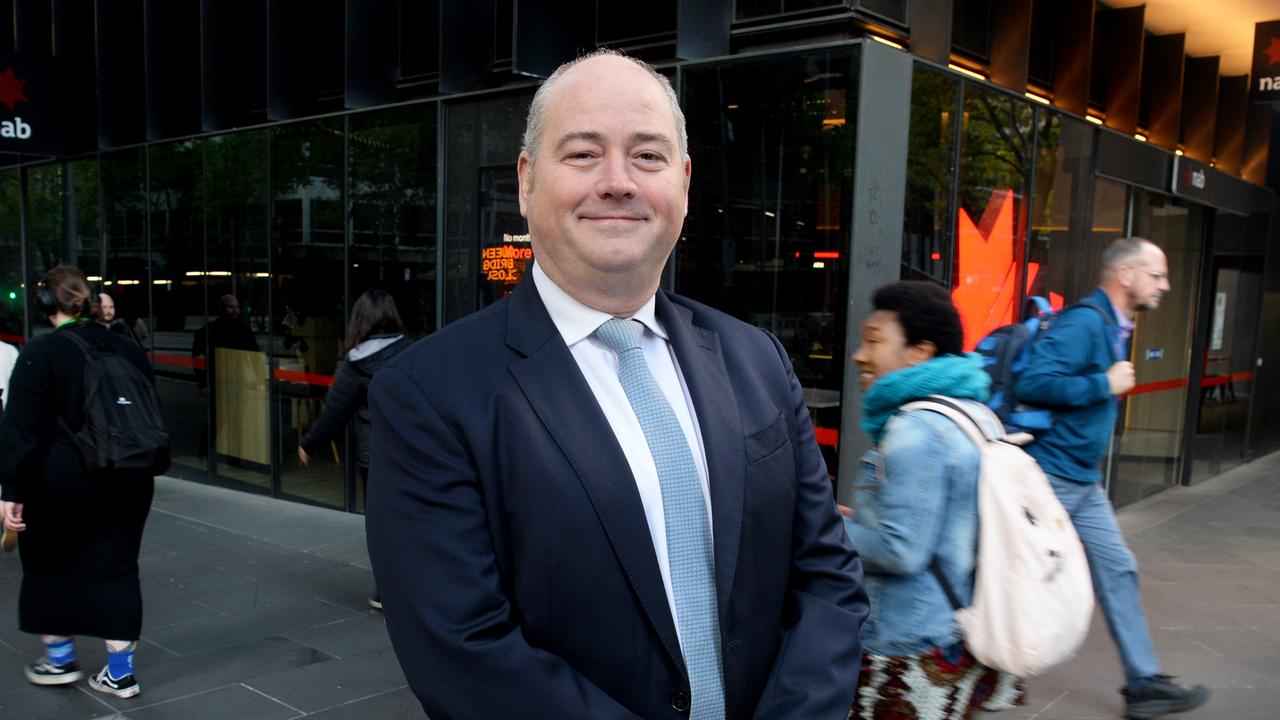Wesfarmers flags more investment in online businesses after coronavirus boost
Bunnings online ‘leading the way’ having risen from virtually nothing two years ago, says Wesfarmers boss.

Wesfarmers chief executive Rob Scott said the conglomerate’s hardware chain Bunnings started from scratch with an online shopping platform just two years ago but was now “leading the way” in retail as customers gravitate to online in the wake of the coronavirus pandemic.
Addressing the Macquarie 2020 Conference, Mr Scott said Wesfarmers decision last year to pay $230m for online marketplace Catch Group was also paying dividends for the company as it experienced strong demand.
Wesfarmers has found some great opportunities to invest in the online space, with greater investment potentially targeted for Bunnings, Kmart and Catch where the online marketplace was already finding capacity constraints at its distribution centres, Mr Scott said.

But he warned the group expected “some moderation” in the recent ramp up in sales witnessed in March and April at its retail arms such as Bunnings, Officeworks, Target and Kmart.
Following the demerger of Coles, Bunnings now generates just more than 50 per cent of Wesfarmers’ annual earnings and with the deteriorating performance of the conglomerate’s general merchandise chain Target and its industrials and safety divisions, the hardware chain’s contribution to profit is set to grow.
Mr Scott said Bunnings was leading the way in its roll out of online shopping.
“Kmart and Target … achieved very strong growth in online sales and if I look at Bunnings, it is worth remembering that two years ago Bunnings didn’t have an online transactional capability and now in many ways I think Bunnings is leading the way around innovation in this area,’’ Mr Scott told the Macquarie conference.
“The drive and collect model has been a fantastic initiative that has been adopted by Bunnings and Officeworks which essentially allows a customer to drive their car to a Bunnings warehouse store and one of our team members will drop the order off at the back of the boot.”
Wesfarmers had also converted three Kmart stores to “dark stores” (distribution centres) to help support the lift in online demand.
“It is worth noting that we have been able to win a number of new customers through this, so we are seeing that this is driving incremental sales and incremental customers to our business, not just cannibalising sales that would otherwise occur in the store.’’
Learning from Catch
Wesfarmers was also learning new digital skills from its recent acquisition of Catch.
“We have seen very strong growth in sales in the Catch marketplace and we have also learnt a lot about the digital experience within the Catch business that we have been able to roll out in some of our other businesses,’’ he said.
Wesfarmers, which is sitting on more than $2bn in cash following the partial sell down of its stake in Coles, would look to invest in online.
“In terms of online investment we will very much be led by the divisions, and by the customer I guess, in how much we spend and how quickly we spend, we are seeing some great opportunities to invest in the digital space.
“Interestingly, because a lot of software is cloud-based solutions, the upfront costs associated with a number of these are materially lower than they were five to 10 years ago. So a lot of the investment we are making is more opex (operational) than capex (capital) and you can get quite a lot of bang for your buck in terms of the investment you make.”
Mr Scott said he expected more significant online investments to be made in its Bunnings, Kmart and Catch businesses.
Turning to trading, Mr Scott said it was likely the strong sales bursts seen through March and April - driven by panic buying and people stocking up before being isolated at home - would begin to moderate in the remainder of the year.
“I would be very surprised, I think it will be unlikely to see the strong growth in sales that we have experienced in the last couple of months to continue. It would be great if they did, but I think realistically we would expect some moderation.’’







To join the conversation, please log in. Don't have an account? Register
Join the conversation, you are commenting as Logout